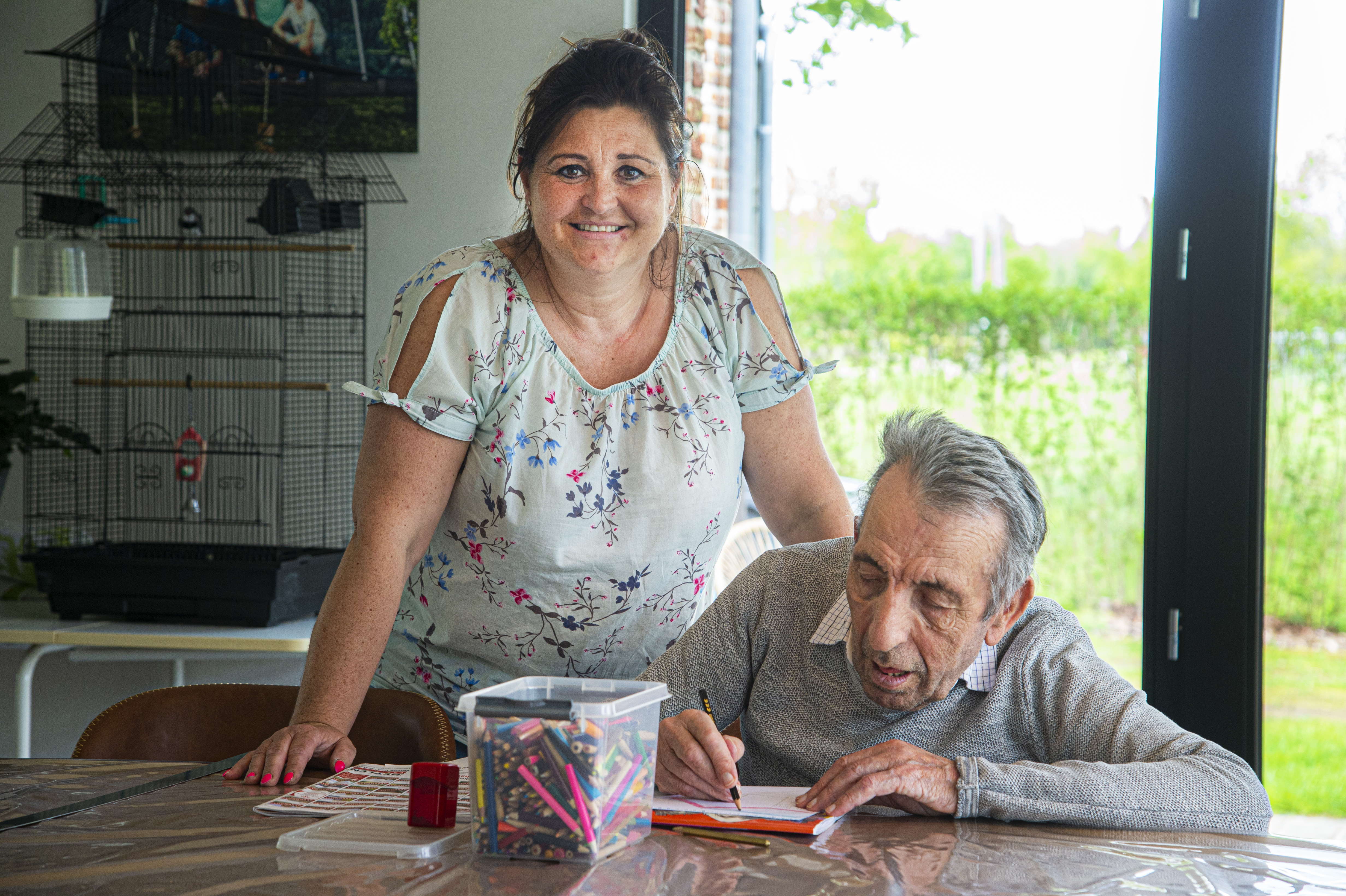The remarkable story of Geel: 700 years of community-based mental health care

The small Belgian city of Geel is home to a unique form of community mental health care that dates back to the 13th century. Mentally ill people are hosted by foster families and participate in family and community life. The exceptional approach sparks interest worldwide and serves as a paragon of inclusion and acceptance.
Just under an hour's drive from Antwerp lies Geel, a seemingly unremarkable city of some 40,000 inhabitants. Those inhabitants have been giving a home to people suffering from severe mental illnesses for over 700 years. Not referred to as patients but as ‘boarders' or foster guests, they take part in everyday family life and become part of the city's social fabric. What once started out as an informal, pilgrimage-fueled custom has since become an integral part of the local psychiatric care center’s offer.
“Many foster guests stay in the same family for several decades. After the death of their foster parents, they often move in with one of the foster parents' children,” explains Johan Claeys, spokesperson for Public Psychiatric Care center (OPZ) Geel. “In recent years, we have tried to use Family Care in a more differentiated way. Patients sometimes stay with a foster family for just a few months when going through a treatment process in preparation for independent living, for example,” says Claeys.
However inspiring the outcome, at the root of the local foster care programme lies a gruesome legend. In the seventh century, the Irish princess Dyphna is said to have been beheaded by her father in a fit of madness in Geel. The city’s St. Dymphna Church became a place of pilgrimage for people seeking religious treatment for psychiatric disorders. Towards the middle of the thirteenth century, the city was overrun with pilgrims who often had to wait their turn for treatment. The residents of Geel developed a custom of welcoming visitors into their homes, some of them eventually becoming permanent boarders.
This custom solidified and reached a historical peak around the 1930s, when the town of approximately 20,000 residents hosted about 3,500 boarders. The number of foster families has since been steadily declining. “The decline can be explained by the availability of other forms of housing in patients' own environment, like sheltered housing and nursing homes. Medication and therapies that enable people to continue living independently are also increasingly available,” Claeys explains. Today, Geel is home to about 135 adult foster guests and about 12 foster children and adolescents.
The Covid-19 pandemic also affected the Family Care programme. Claeys: “For foster families, the pandemic meant a sharp increase in the burden of care. It required a great deal of commitment from the foster families in uncertain and sometimes very difficult circumstances. Some families discontinued their engagement.” OPZ Geel launched a campaign in May to encourage new families to take part in the programme.
Although the scale of the programme in the city itself seems to be waning, the shining example of Geel has left a tremendous global mark. As early as the 19th century, a sort of second pilgrimage emerged of researchers and journalists traveling to Geel to learn more about psychiatric foster care. “Forms of family care inspired by Geel are being put into practice in a number of European countries, including Germany, France and Italy,” says Claeys. “They are all variants of the model in Geel, adapted to their own culture and legislation.”
Although Geel is often considered to be a unique place, Claeys emphasises that this reputation should not blind us to the universal applicability of community mental health care. “The special and exceptional situation in Geel — the tradition, the large number of foster guests and foster families in a very contained region, etc. — can sometimes give the impression that this model is not workable or deployable elsewhere. Nothing could be further from the truth. In principle, the active elements of Family Care can be translated to contexts and cultures anywhere in the world.”
(KOR)
#FlandersNewsService
Foster parent Ann Peetermans and foster guest Robert © OPZ Geel / Bert De Deken